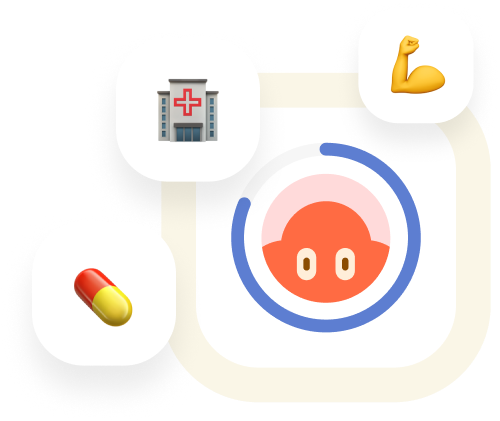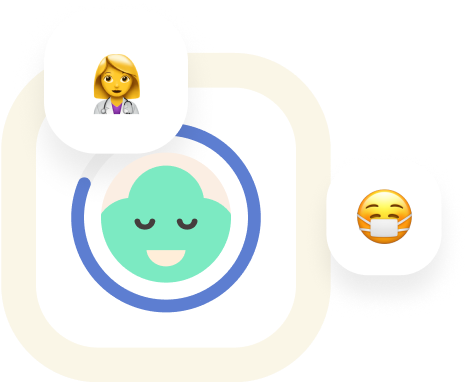Join a Community That Understands You
Get answers from those who share your health journey



picklepuddles's Post
picklepuddles
Updated 1y ago
Dealing with Chronic Fatigue and Never Feeling Well Rested
Can you help? Connect today
Chronically_Awesome
2y
picklepuddles
2y
Blinky
2y
Kierstyn
2y
Peggyvan
2y
HJA
2y
The content in this post is not intended to be a substitute for professional medical advice, diagnosis, or treatment. Always seek the advice of your physician or other qualified health provider with any questions you may have regarding a medical condition.

Free unlimited access
to all community content

Find others who are
medically similar to you

Pose questions and join
meaningful discussions
Alike is a transformative platform that goes beyond just bringing together patients; it meticulously connects individuals based on multiple critical factors, such as age, gender, comorbidities, medications, diet, and more, fostering a community of knowledge, support and empathy.
© 2020-2024 Alike, Inc